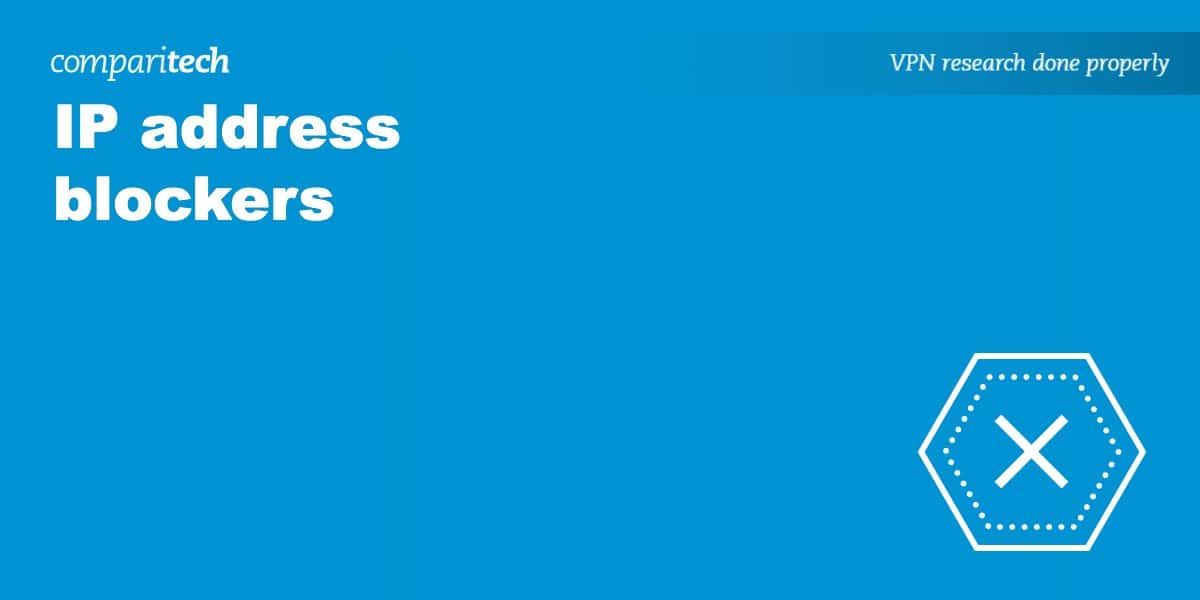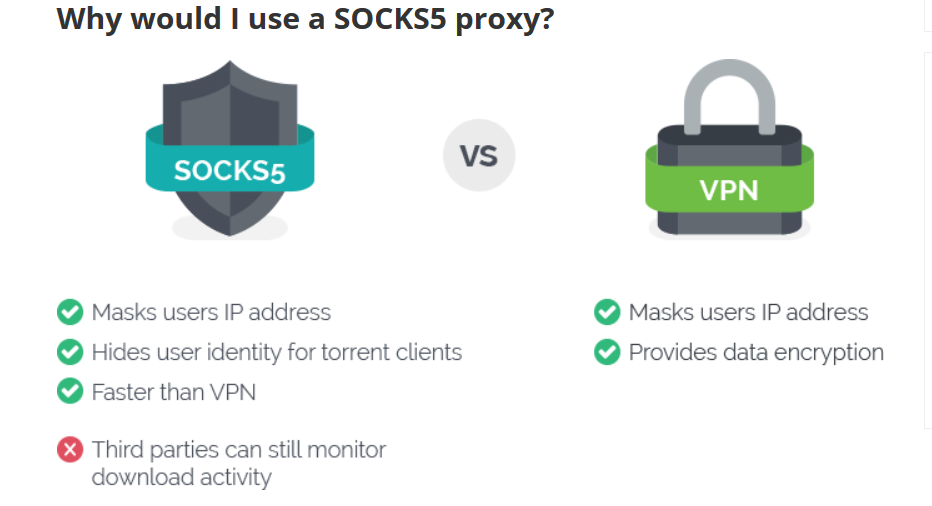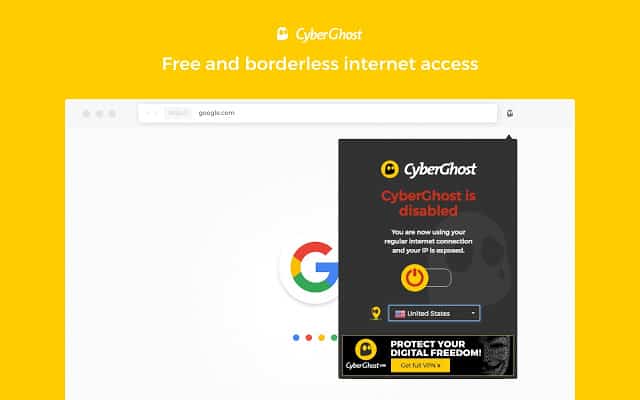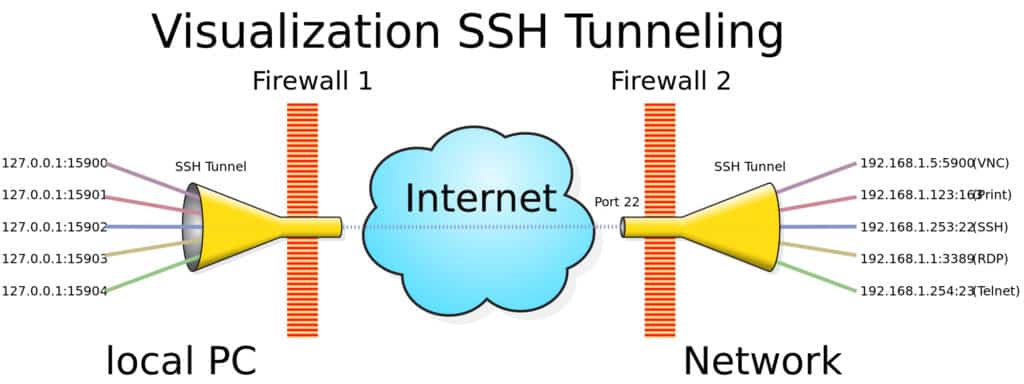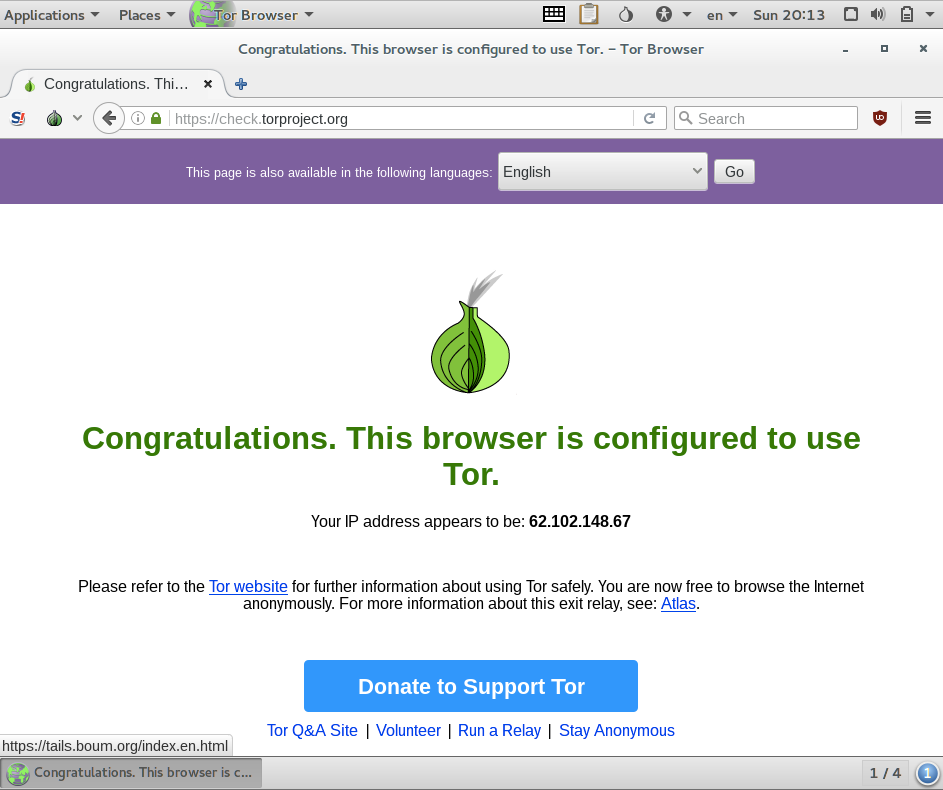Every device connected to the internet has an IP address. Just like physical addresses to find and correspond with one another, IP addresses allow devices connected to the internet to locate and communicate with each other.
Every IP address is unique, which means your IP address can be used to identify you and track your online activity. Additionally, IP addresses indicate your approximate location, so they can be used by apps, websites, and services to track your whereabouts.
If you want to keep your information private, you’ll need an IP address blocker. We’ll explain how to block your IP address, but first, let’s look at the types of IP addresses.
Types of IP addresses
There are two types of IP addresses: IPv4 and IPv6. Most of us use IPv4 for the majority of our online activity, but IPv6 is gaining traction as a replacement. Both more or less serve the same purpose, but IPv6 has many more addresses available, while IPv4 addresses will soon be exhausted.
An IPv4 address looks like this:
123.45.67.89
An IPv6 address looks like this:
2001:4860:4860::8888
The best IP address blockers
An IP address blocker prevents those websites and apps from seeing your real IP address by masking it with a new one. This is usually done through a proxy, which acts as a middleman between your computer or smartphone and the rest of the internet. Many types of proxies exist, and we’ll cover a few here.
Here’s our list of the best IP address blockers available:
1. VPN
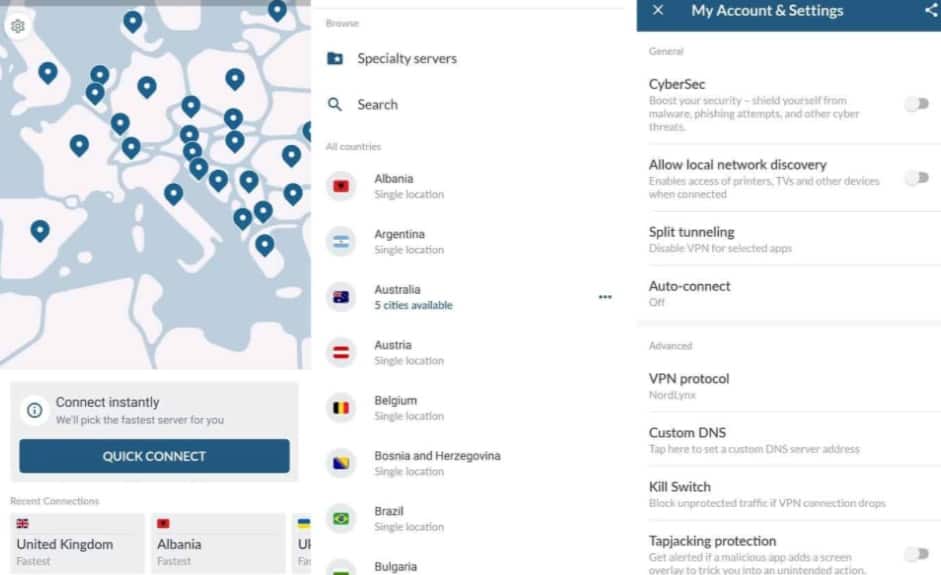
You may have heard the term before, but what is a VPN? Short for Virtual Private Network, a VPN encrypts your internet connection and routes it through an intermediary server in a location of your choosing. Any website you visit or app you use will see the IP address of the VPN server instead of your real IP address.
Many commercial VPNs use shared IP addresses, which means you use the same IP address as other VPN users connected to the same server. This adds a significant layer of anonymity and makes it difficult to trace any activity back to a single user.
Aside from being an IP address blocker, VPNs improve online security and can enable you to access online content that’s otherwise restricted to specific countries or regions. VPNs can be paid or free, but it’s best to avoid the free ones due to privacy and security concerns.
Our top recommendation is NordVPN, which operates servers in 60+ countries. This service is ahead of the curve compared to most VPN providers when it comes to both security and speed. It’s easy to use, allows up to six simultaneous connections, and offers 24/7 customer support.
Want to know more? Read our full NordVPN review here, or check out our video review.
WANT TO TRY THE TOP VPN RISK FREE?
NordVPN is offering a fully-featured risk-free 30-day trial if you sign up at this page. You can use the VPN rated #1 for hiding your IP address with no restrictions for a month. This is plenty of time to try the service out and see if it’s right for your needs.
There are no hidden terms—just contact support within 30 days if you decide NordVPN isn't right for you and you'll get a full refund. Start your NordVPN trial here.
2. SOCKS proxy
SOCKS proxies are similar to VPNs, but they do not necessarily use any encryption. That means anyone snooping on your connection before it reaches the proxy server, such as your Internet Service Provider (ISP), could monitor your online activity. Still, a SOCKS proxy will block your IP address so that the other party in a connection only sees the IP address of the proxy server.
SOCKS5 includes support for encryption, but it’s not a requirement. Encryption makes your connection slower but more secure.
Furthermore, individual apps must be configured to use a SOCKS proxy, whereas pretty much any software works with a VPN. Check the settings of the app you want to use with the proxy to get it set up.
Like VPNs, SOCKS proxies can be free or paid, but I suggest avoiding the free ones.
3. HTTP/S proxy
HTTP and HTTPS proxies are frequently packaged as plugins or extensions for web browsers like Firefox and Chrome. These proxies block your IP address when using a web browser, but other apps will still use a direct connection.
HTTP proxies hide your IP address from the websites you visit, but the connection isn’t encrypted.
HTTPS proxies include SSL encryption, so they’re a bit safer. These are sometimes referred to as VPNs.
The drawback with HTTPS proxies is that they only affect web traffic. Even if you’re only using a web browser, you could still be sending DNS, WebRTC, or other types of traffic outside of the proxy, which could be used to determine your real IP address or location. If you want to avoid this, we recommend using a leak-proof VPN like NordVPN.
4. SSH proxy
SSH proxies aren’t very common, although we’ve got an article showing you how to set one up for yourself. Also called an SSH tunnel, an SSH proxy routes your internet connection through a proxy server using the SSH protocol. SSH (Secure Shell) uses strong encryption, but it isn’t very fast, and a lot of apps and websites might not function properly.
5. Tor
Tor is an anonymity network that encrypts your internet connection and passes it through a randomized series of nodes, which are essentially proxy servers run by volunteers. Each time you connect to a website or app, your connection is encrypted several times over and passed through no less than three different nodes. Each node strips off a layer of encryption until it reaches the “exit node.”
Websites and apps only see the IP address of the exit node. No node in the chain can monitor the destination, source, or contents of internet traffic, effectively blocking your IP address from snoopers.
Tor is free, but it has its drawbacks. It’s pretty slow and only suitable for basic web browsing—don’t use it for torrenting or streaming HD video. Furthermore, Tor is often associated with criminal activity on the dark web, so using it might raise red flags for your ISP or law enforcement.
See also: Best VPN for Tor
6. Disable IPv6 or IPv4
To access the internet, you need at least one of these enabled. You can hide your IPv6 or IPv4 address, but not both, using this method.
Pretty much all websites, apps, and services work with IPv4, so you can block your IPv6 address simply by disabling it in your device’s internet settings.
Disabling IPv4 might work in certain circumstances where IPv6 is a viable alternative but don’t expect everything on the web to work normally without it.
7. Use a NAT Firewall to hide your private IP address
A NAT firewall doesn’t block your public IP address, but it will hide your private IP address. All devices connected to a NAT-enabled router will share a public IP address.
If you connect to the internet through a wireless router, it’s very likely you’re behind a NAT firewall. In simplest terms, a NAT firewall allows multiple devices on the same network to use the same public IP address but unique private IP addresses. Network Address Translation (NAT) forwards requests and data from the private IP addresses of individual devices to their online destination under the router’s public IP address.
NAT firewalls block your local IP address from other computers on the internet, preventing unsolicited communication. Any traffic that reaches the router without specifying a local IP address is discarded. Your wifi router’s public IP address will still be visible, though.
Blocking your ISP from seeing your IP address
To connect to the internet, you must have an IP address. Because IP addresses are doled out by internet service providers, blocking your IP address from your ISP is impossible.
If your aim is to prevent your ISP from snooping on your internet connection, the best option in this list is a VPN. A VPN will encrypt all internet traffic before it leaves your device. Your ISP will still be able to see your IP address, but it won’t be able to decipher the contents of the encrypted data. A VPN still blocks your IP address from other parties on the internet, like websites and apps.
If you go this route, be sure to choose a VPN provider that doesn’t store logs of your online activity.
Here’s how to hide your IP address with a VPN:
IP address blocker FAQs
Why should I hide my IP address?
There are many reasons why you might want to hide your IP address. For example, you may want to keep your location private so that websites and services can’t track your movements. You may also want to access blocked websites or download content anonymously. Whatever your reasons, there are a few ways to hide your IP address.
Is masking your IP address illegal?
No, hiding your IP address is not illegal in America. However, there are some activities that can be considered illegal if performed while using a proxy or VPN.
For example, copyright infringement is a crime in the United States, and streaming or torrenting copyrighted material without permission can be punishable by law.
Does incognito mode hide your IP address?
No, incognito mode does not hide your IP address. Your IP address will still be visible to the websites you visit and the internet service providers (ISPs) that host them.
Incognito mode only prevents Google from storing information about the websites you’ve visited and the search terms you’ve used while in incognito mode.
Will hiding my IP address affect my connection speed?
Hiding your IP address won’t negatively impact your connection speed. However, it can help to avoid bandwidth throttling if you use a VPN to hide your IP address.
Can I change the location of my IP address?
Normally, your IP address points to whichever country you’re in, which allows websites to tailor their content for a particular audience. This can cause problems when you go abroad, though, since you may not be able to access country-specific services like BBC iPlayer or Hulu.
Luckily, it is possible to change your IP address (and therefore, your location) with the help of a Virtual Private Network (VPN). Just pick a server in the appropriate country, connect, and you should be able to hide your true location from most sites. As an added bonus, VPNs encrypt your traffic, providing another layer of privacy and reducing the chance of bandwidth throttling.
See also:

